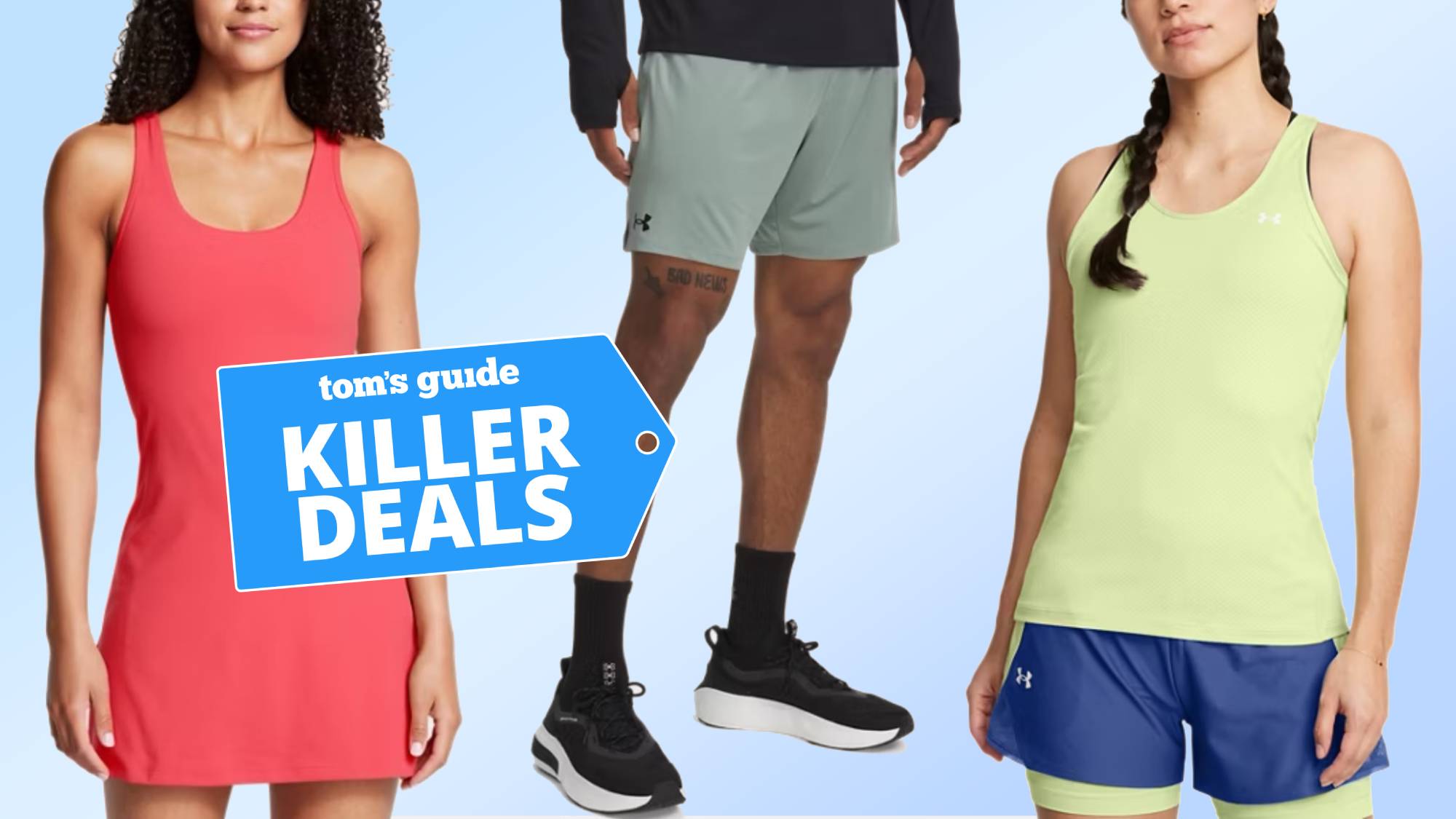The Navy SEAL Sleep Technique is one of the most effective ways to fall asleep quickly — here's how to try it
Rely on power naps for a boost in energy? This should be your go-to TikTok sleep hack
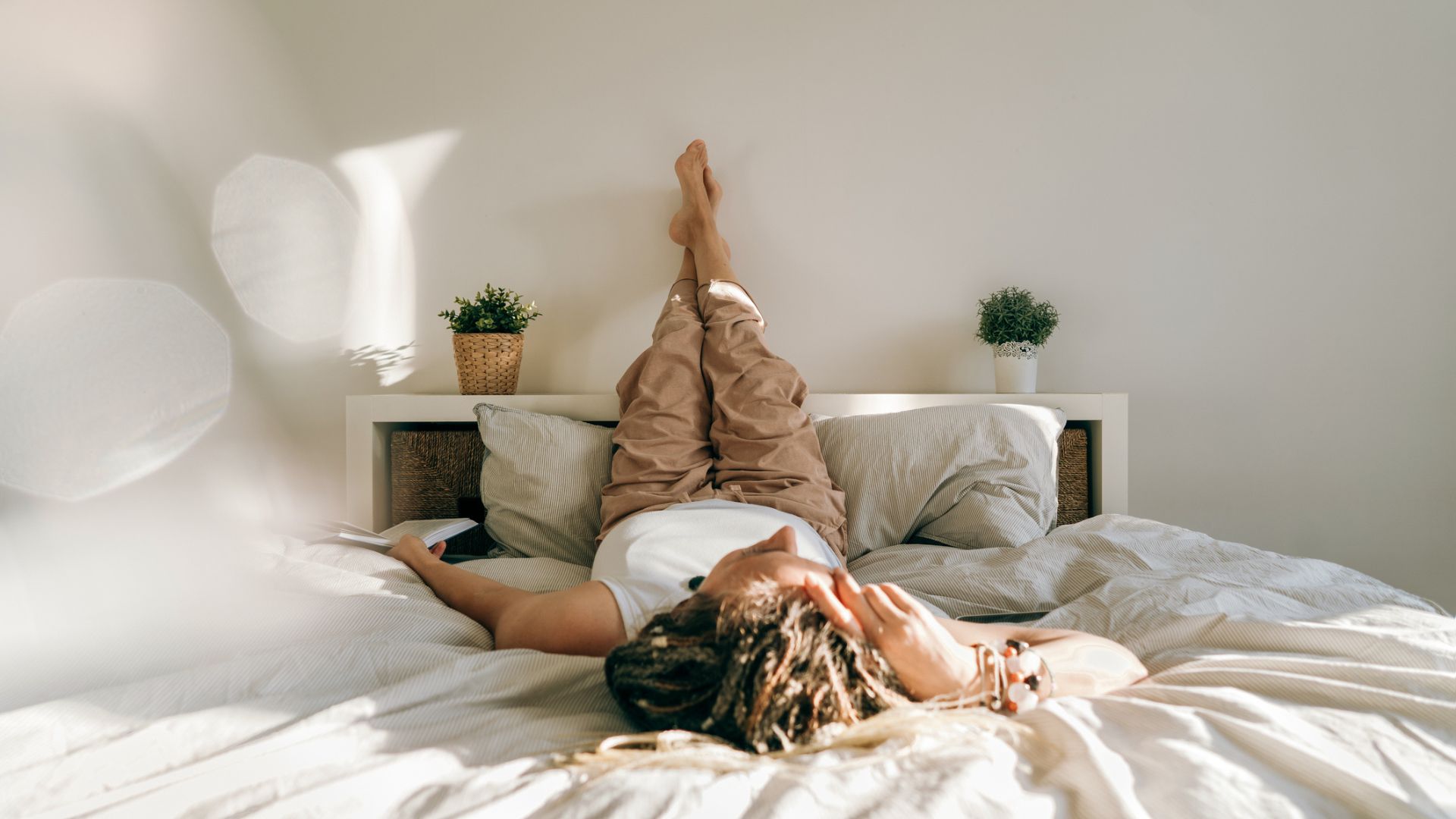
While we’ve seen countless hacks, like the Military Sleep Method, to fall asleep quickly at night, the Navy SEAL Sleep Technique focuses on helping you achieve a quick power nap in the day.
The benefits? Boosting your energy, improving focus and decreasing fatigue. However, you’ve probably experienced the frustration of setting a timer for a quick 20-minute nap, only to still be lying awake when the alarm sounds.
The Navy SEAL Sleep Technique could well be the solution. Initially shared by author, podcaster and former Navy SEAL officer Jocko Willink, and made even more popular by lifestyle coach Nick Vitello, the simple hack could send you to sleep in minutes.
To find out how this method works, how to try it and why it’s effective, we spoke to Po-Chang Hsu, MD, a medical content expert for Sleeping Ocean and graduate of the Tufts University School of Medicine.
@getaheadwithnick ♬ original sound - nick_vitello
What is the Navy SEAL Sleep Technique?
“The Navy SEAL Sleep Technique involves laying the back on the floor at the edge of the bed and then putting the legs on the bed,” Dr. Hsu begins.
“This puts the sleeper in a position similar to the letter Z, but with the laps stretching a bit onto the bed. The legs are elevated at a 90-degree to 120-degree angle.”
The Navy Seal Sleep Technique is actually only meant to help you achieve a super short, eight-10 minute nap. Of course, you can nap for longer than this, but if you intend to stay in the Navy SEAL position, we wouldn’t recommend snoozing much longer because of the potential pressure it can put on your joints.
Sign up to get the BEST of Tom's Guide direct to your inbox.
Get instant access to breaking news, the hottest reviews, great deals and helpful tips.
It’s meant as a go-to if you’re short on time and need a quick energy boost. “In a military sleep manual, special forces are advised to use breaks in combat for an afternoon nap,” Dr. Hsu explains.
Does the Navy SEAL Sleep Technique work?
With the endless stream of sleep hacks on TikTok, it’s difficult to separate the genuinely useful from the useless. But the Navy SEAL Sleep Technique gets Dr. Hsu’s official stamp of approval.
“This hack can help most people sleep in less than eight minutes,” he says.
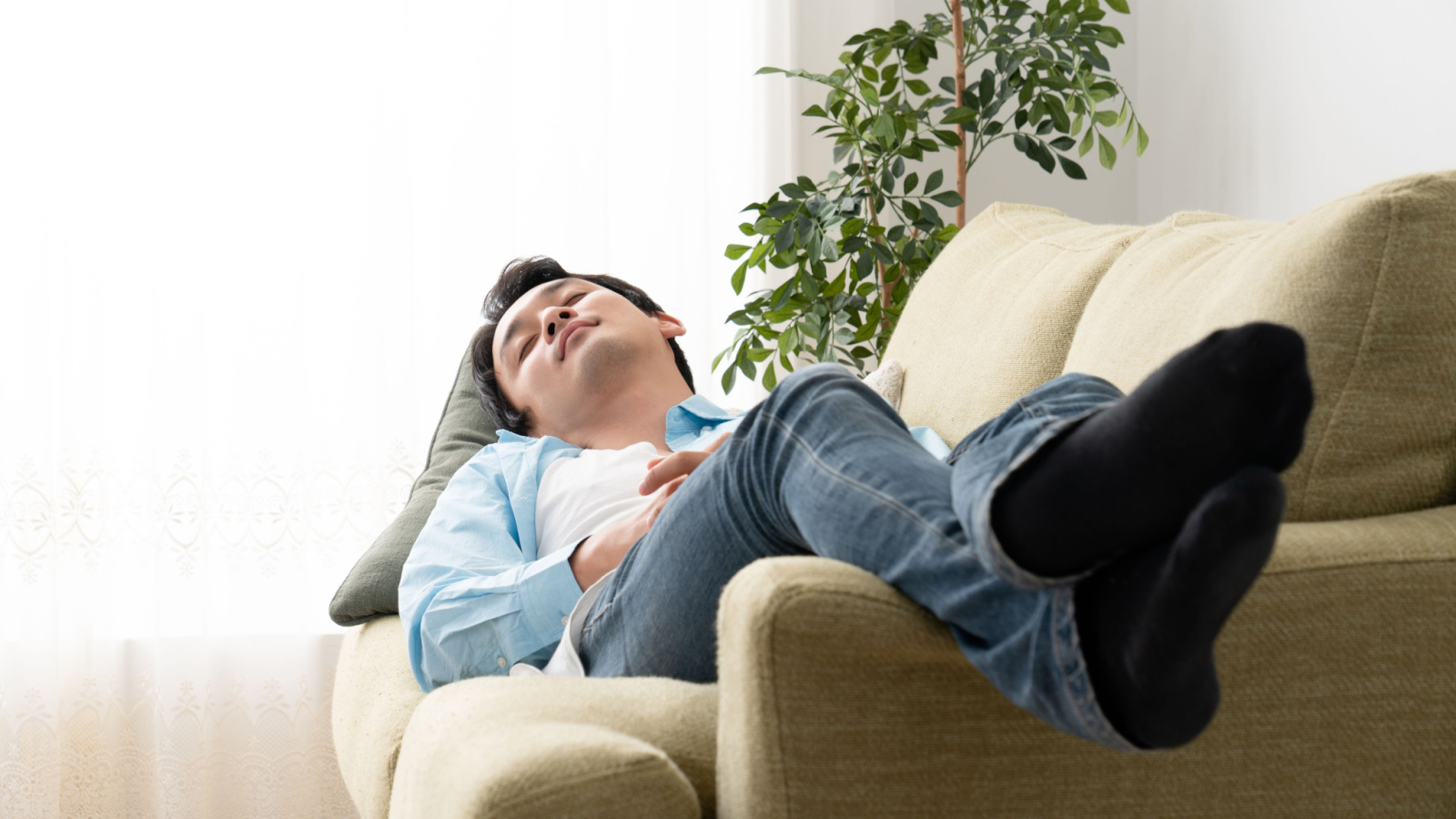
According to Dr. Hsu, this unique resting position inhibits venous pressure, “which would have been an issue when lying down [flat, but isn’t] in this position.”
He continues, “Raising the legs above the heart makes pumping blood to the legs more difficult, lowering the blood pressure in the legs.”
Increasing blood flow from the feet and legs to your heart and brain can increase relaxation, making it easier to drift off to sleep.
How to use the Navy SEAL Sleep Technique
“By practicing this technique for an eight-minute sleep, many people have said they feel sufficiently rested and that it feels like 6 hours’ [worth of] sleep,” Dr. Hsu shares.
Luckily, it’s one of the easiest and most simple sleep methods to try. Here are the 3 steps you need to give it a go:
- Lay down somewhere where you can elevate your legs comfortably. This could be on the floor with your legs against your bed, or on your bed with your legs against the wall.
- Set your alarm clock for eight to 10 minutes.
- Close your eyes and wake up feeling more alert than before.
Navy SEAL Sleep Technique vs 4 7 8 Sleep Method
One of the other most popular sleep methods at the moment is the 4 7 8 breathing exercise. This trick was developed by Dr Andrew Weil, Founder and Director of the University of Arizona Center for Integrative Medicine, who described it as “a natural tranquilizer for the nervous system.”
Our autonomic nervous system generally operates in two states: parasympathetic (rest and digest mode) and sympathetic (fight or flight, stress response.)
The deep, rhythmic pattern of breathing in four 4 seconds, holding your breath for 7 seconds and exhaling for 8 seconds activates the parasympathetic nervous system, leading to a calmer, relaxed state.
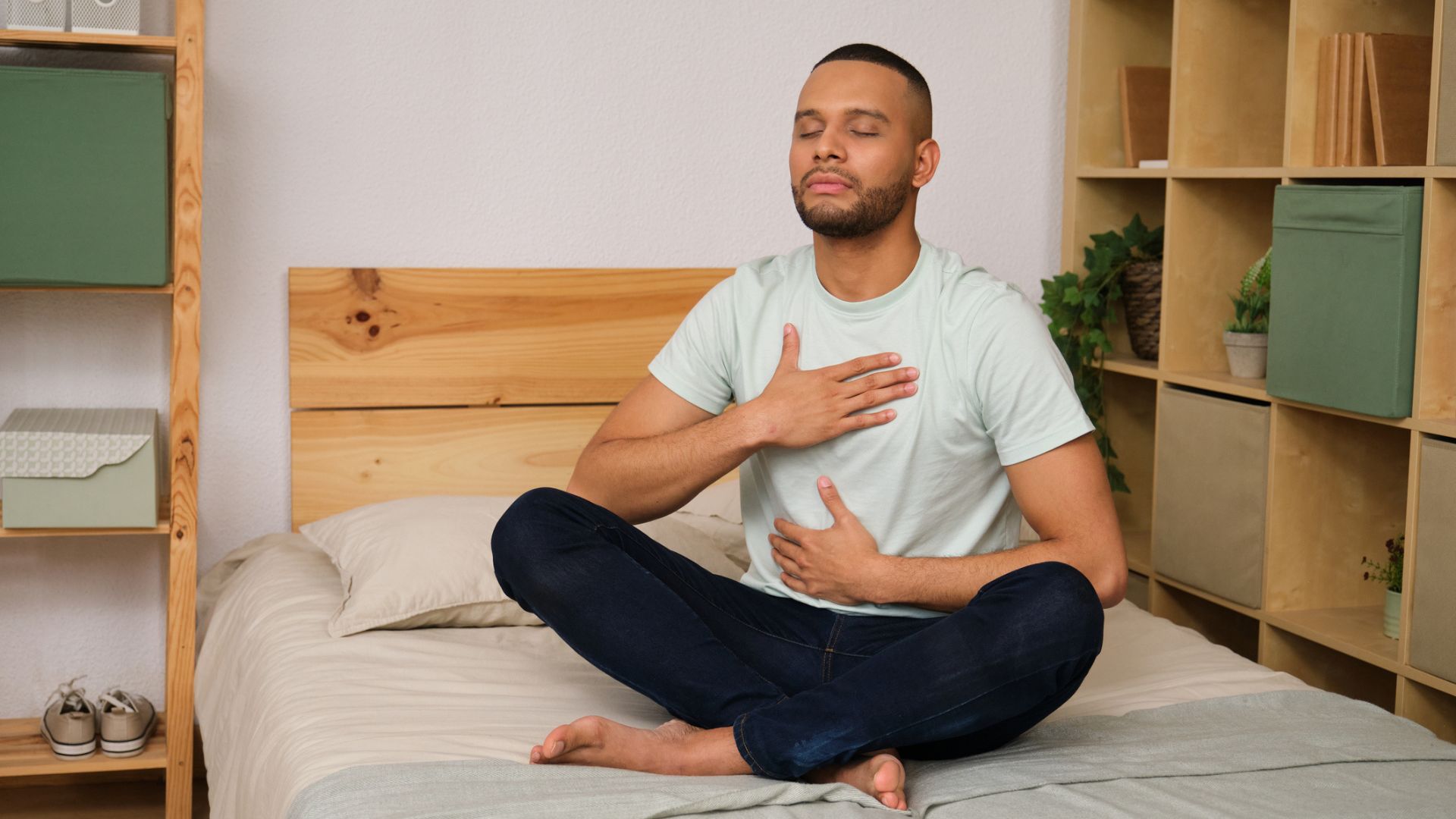
“While the 4 7 8 Sleep Method focuses on breathing exercises and tension release, the Navy SEAL sleep technique does more,” Dr. Hsu says.
“It helps the body have better circulation and makes it possible for a short sleep or nap.” Again, he reiterates that the Navy SEAL sleeping hack is mainly for napping, while the 4 7 8 method will help you fall asleep at night.
This is mainly because the 4 7 8 method takes longer. Ideally, you’ll repeat the breathing cycle three to four times, twice a day to increase how effective the exercise is in helping you fall asleep.
However, the Navy SEAL technique doesn’t need practice, and many people reap the benefits after just trying it once.
Navy SEAL Sleep Technique vs Military Sleep Method
Another technique designed to help soldiers get the rest they need is the Military Sleep Method. “The Military Sleep Method focuses on muscle relaxation,” Dr. Hsu explains.
To practice it, you need to visualize yourself in one of two different scenarios:
- You’re wrapped in a black velvet hammock in a pitch black room
- You’re lying on your back in a canoe on a calm, clear lake with blue sky above you
You then relax your whole body, releasing tension from your face, jaw, arms and legs, while breathing deeply. If your mind wanders, simply repeat ‘don’t think’ three times.
Like the 4 7 8 method, how effective this method is in helping you fall asleep increases with practice, making it more suitable for nighttime sleep. Although, once you’re comfortable with the method, it can also work as a quick go-to for napping during the day.

Dr. Hsu reminds us that short naps should not be relied on in place of a long, nighttime sleep. “The Navy SEAL Sleep Technique is a perfect hack for those without time to sleep, but it should not be used to replace a full night's sleep,” he says.
“It's like fast charging a battery built to slow charge. In the long run, the battery's lifespan will be greatly affected,” Dr. Hsu explains.
So, while the Navy SEAL sleep technique is worth giving a go if you’re in need of a quick energy boost, spending more time practising the 4 7 8 and Military Method at night will be a better pay off in the future.
How to sleep better at night: quick tips
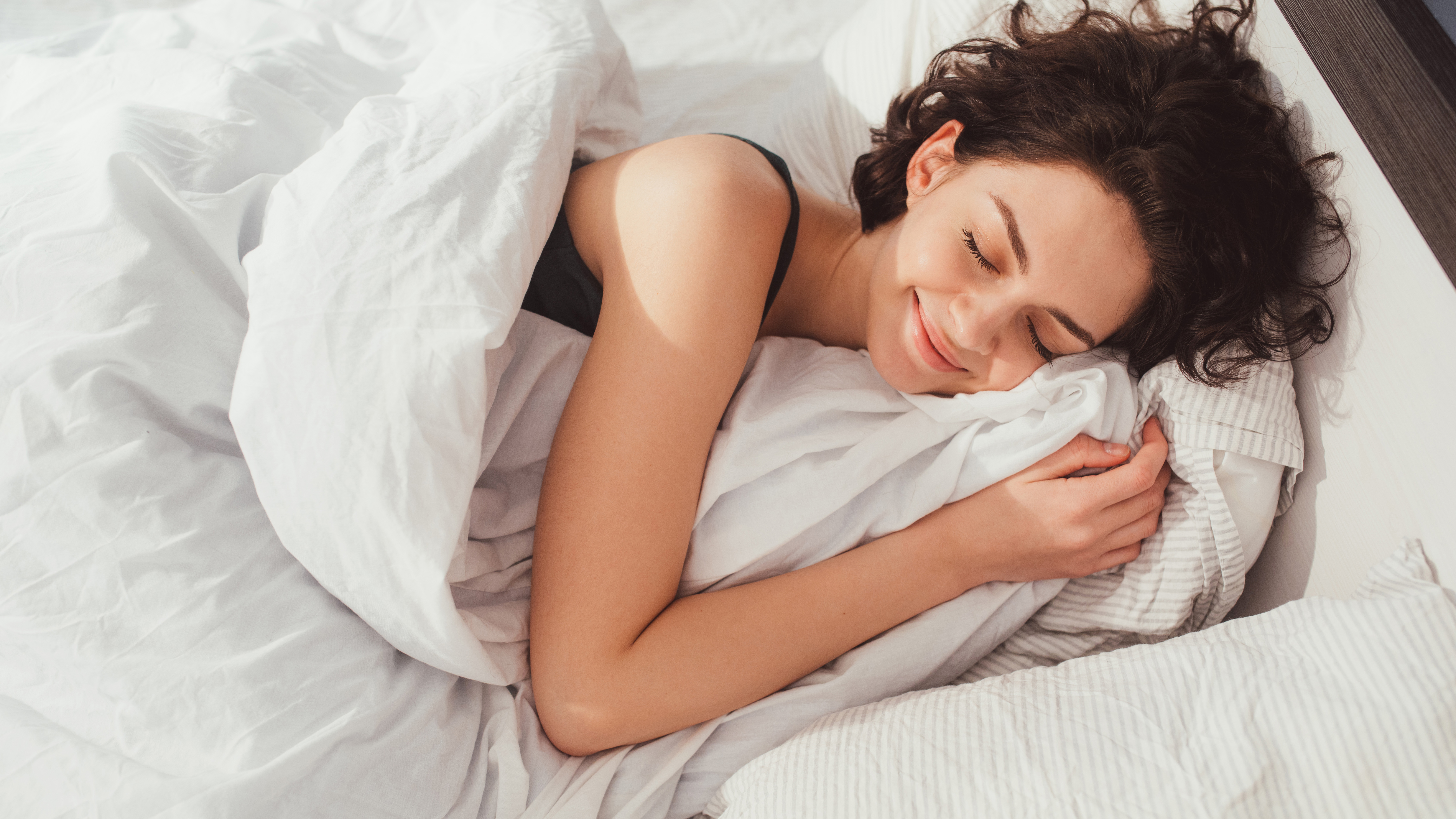
To ensure you’re prioritizing your nighttime sleep, Dr. Hsu shares his top tips for getting better sleep night after night:
- Practice healthy stress management. Dr. Hsu says one of the best ways to encourage quality sleep is to be aware of how you respond to stress, which is a common sleep disruptor. "It’s always a good idea to try mindfulness practices, breathing exercises, gentle yoga, journaling, or listening to relaxing sounds—especially before bed,” he says, “No working in bed or late hours if you want to sleep well.”
- Stick to a consistent sleep schedule. When you go to bed each night and wake up every day is crucial if you want to sleep better at night. “Stick to a consistent sleep schedule to help your circadian clock run smoothly,” Dr. Hsu advises.
- Optimize your bedroom environment. Your bedroom environment also influences how well you’ll be able to sleep. Dr. Hsu recommends keeping your bedroom "comfortably cool (around 60 to 67 degrees Fahrenheit), dark, and quiet.” Other measures you can take, according to Dr. Hsu, are to block outside noises with a white noise machine or earplugs – or limit disruptive noises and light by investing in a soft eye mask with built-in Bluetooth earphones. Alongside this, investing in the best mattress for your sleep needs will help you get a good night’s sleep every night.
Another way to optimize your bedroom environment for better sleep is to give your existing mattress a refresh with one of the best mattress toppers for added comfort and support. Also, make sure you're sleeping on the best pillow for your preferences and body type — otherwise, you'll run the risk of being burdened by aches and pains, or night sweats if you're prone to sleeping hot.
Michele Ross is a freelance writer based in Los Angeles. For Tom's Guide and TechRadar, she interviews medical experts for sleep tips and tricks, as well as reviews mattresses and toppers to see which ones are truly worth buying for different types of sleepers and budgets. She has also covered a range of sleep topics for publications and brands including Well+Good, HUM Nutrition, and Mini Bloom, among others.
- Lauren JeffriesSleep Features Editor
You must confirm your public display name before commenting
Please logout and then login again, you will then be prompted to enter your display name.

